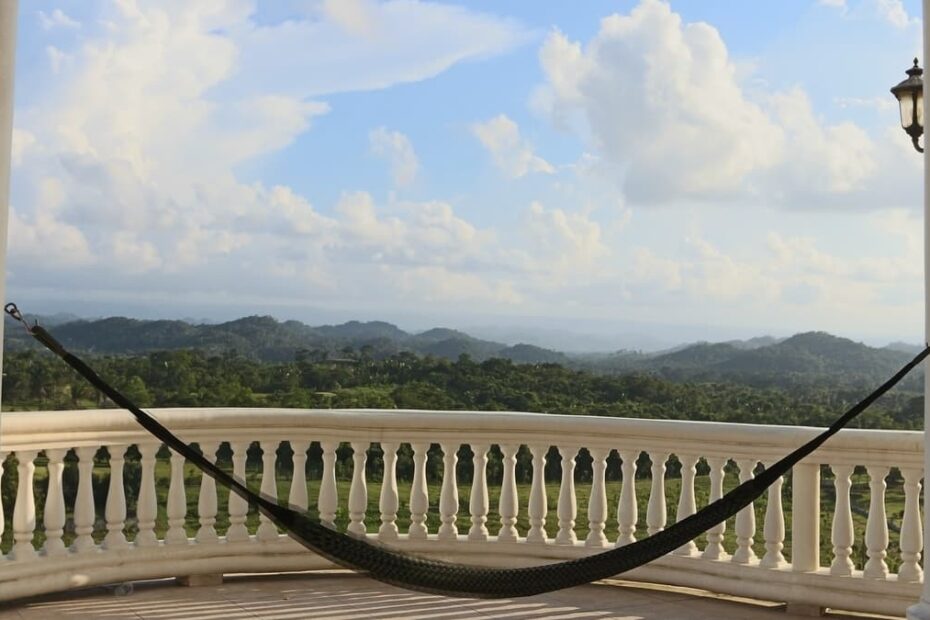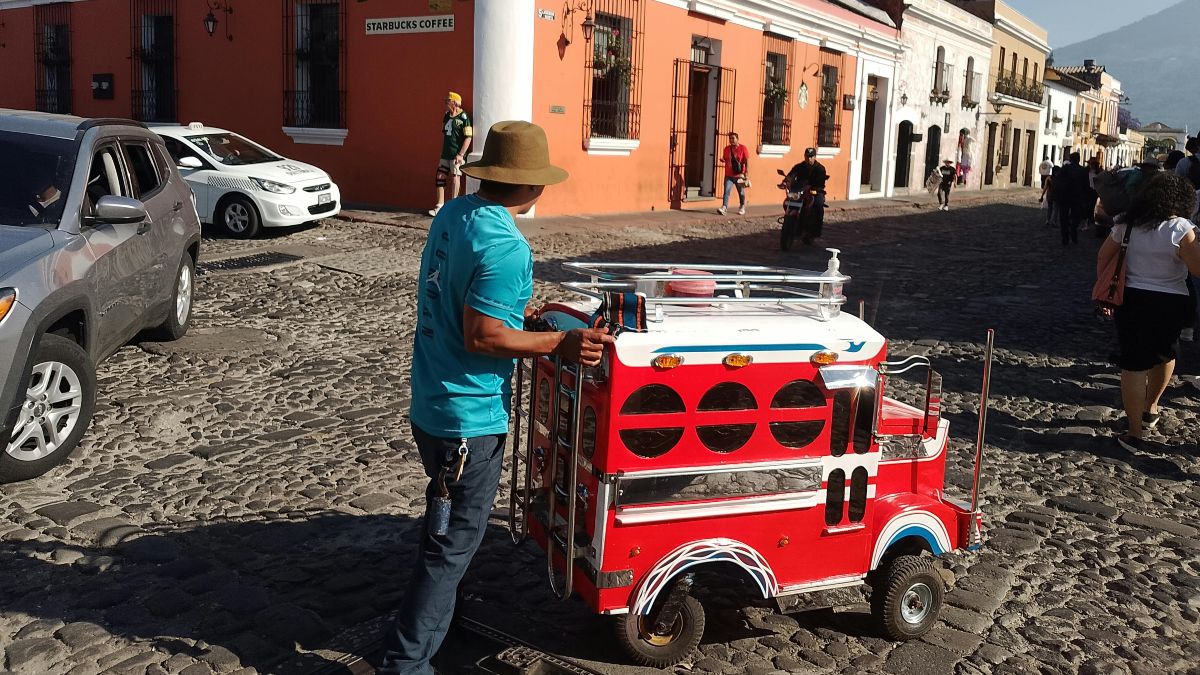Buying property abroad? Luigi Wewege from the Caye International Bank has some tips for those seeking financing when buying real estate in another country.
One of the biggest decisions anyone moving abroad has to make is where to live. No, not which country to move to – although, of course, that’s a vital decision in its own right. We’re talk about renting verses buying.
There’s a whole slew of great advice that most credible real estate agents all over Central America will give you, about not buying any property anywhere immediately. At least not until you’ve spent enough time in your adopted country to know you want to commit to buying real estate.
The expat Facebook groups around Central America concur, and advise most people to rent for at least a year or two before buying.
Potential property buyers in Central America should also learn about the market in the country they’re interested in – which comes from boots on the ground and due diligence – and watch out for real estate scams. Again, social media is full of tales of woe in this aspect.
In short, whether you’re physically located in Central America or not, we strongly recommend you’re familiar with the country you want to buy in and that you find someone you trust to offer you solid, impartial advice on the ground. This applies to anyone thinking of buying property abroad anywhere, of course. Not just Central America.
Jaco-based realtor David Karr from CP Properties Costa Rica outlines the top five mistakes he sees people making every day when buying property in Costa Rica and how to overcome them.https://t.co/VgqJvHXnl2#CostaRica #RealEstate pic.twitter.com/maIIHyXiP0
— Central America Living (@VidaAmerica) August 6, 2018
But let’s say you’re ready to buy property in Central America.
You love the country you’re in, you’ve spent enough time in it to know it’s for you. You know the market, you have a great real estate agent you trust, and you’re not naive about scams. You’re ready to pull the trigger.
And you don’t even need to be physically relocating yet, either, to be ready to buy. Perhaps you plan rent the property out for now as a vacation home and move in full time in the future.
Whatever your plans are, you’ve done your due diligence and you’re ready to move forward. All you need to focus on is how to finance your piece of offshore property.
Here are a few tips to help with that.
1. Speak with your domestic lender
One place to consider for financing is one that you’ve perhaps used in the past – your local banker or mortgage company. Assuming that past financing deals went well, and you settled the obligations on time, it may be possible to arrange financing for international property.
Keep in mind that you won’t likely be able to use the offshore property as security for the mortgage loan. A domestic lender would consider that to be somewhat of a risk. You may be able to use the equity present in your domestic real estate holding and secure the financing. If you happen to own a domestic property outright, then the lender may be willing to provide financing that’s enough to cover the entire asking price of the offshore property.
2. Financing in the country where you want to buy the property
Even if obtaining financing at home is possible, you should see if financing through an offshore bank or mortgage company where the property is located is possible. Depending on the country, this approach could be better for you regarding interest rates. The amount that the lender is willing to finance may mean you can buy, while supplying a lower deposit or down payment.
As with any financing, be prepared to provide documentation to establish your identity and that you meet the institution’s qualifications for receiving a mortgage loan. These will likely include documents that attest to your fiscal responsibility. For example, you may need a letter from your domestic bank certifying you’re a customer in good standing.
3. Establish bank accounts in the country you want to buy property in
It may be advantageous to open an offshore bank account in the country where the real estate you want to buy is located. It’s not unusual for offshore banks to require customers to have at least a checking account before they can extend any type of financing.
Some countries are easier than others to open accounts in. Bank officers can help you set up an account and provide insights into how to transfer funds into it. Once you have an established account, you can then continue discussions about real estate financing.
4. Determine percentage of purchase price to finance
Even with excellent credit, there may be limitations on how much an offshore bank will finance. The standards vary significantly from country to country. Depending on the property’s location, lenders in the same nation may not be willing to cover more than half of the purchase price. It’s also worth noting that the figures that apply to people who are residents or citizens of the country may not apply in your case.
This doesn’t mean that you can’t find financing with reasonable rates and provisions. Some nations have financing designed with offshore owners in mind. If that’s the case, you may find it possible to finance almost all the cost, which will keep the need to use more of your other assets to a minimum.
5. Verify term of offshore property mortgage
How long can the term be for your offshore real estate loan? That depends a great deal on where you get the money. With domestic financing, the options may be similar to what you’ve used in the past. In other words, you may be able to structure the financing for a 10, 15, 20, or 30-year period.
The term that applies to an offshore mortgage may not be as long as some of your domestic options. While the choices will vary, finding anything more than a 20-year financing arrangement will be difficult. Keep in mind that the trade-off is that you’re likely to lock in a great interest rate that keeps the payments lower. Couple that with any incentives offered in that country to non-residents who want to purchase properties, and the shorter term may not be an issue.
6. Allocate cash assets to help manage the purchase
As you consider ideas for financing, don’t overlook the possibility of financing the purchase on your own. You can do this by allocating cash assets in one of your domestic or offshore accounts. With this solution, transfer the funds into the offshore checking account you have in place, remit the payment to the current property owner, and then go through the process required in the country to become the new property owner.
This financing solution leaves you with no mortgage payment to make each month and no interest owed to anyone. There is also no need to meet the financing requirements of any institution. To pay yourself back, set up your repayment schedule to replace the money. By setting up a reasonable schedule and committing to keeping it, you’ll build up that account balance over time and maintain your level of wealth.
Points to Ponder If You’re in the Market for Offshore Real Estate in 2022: https://t.co/6m5pVN1P5d #wealth #luigiwewege #financial #belize #centralamerica #bank #investment #digital #caye #international #global #fintech #business #finextra #article #media #president #market pic.twitter.com/n5yws6QiO1
— Luigi Wewege (@luigiwewege) February 26, 2022
Look at all available financing options before you do anything.
Before you commit to buying property abroad, look at every means of financing. Weigh up the pros and cons associated with each one. Doing so will reveal the solution that allows you to buy your dream property under the most advantageous terms.
Luigi Wewege is the President of Caye International Bank, headquartered on the island of Ambergris Caye, Belize. He is also the published author of The Digital Banking Revolution, now in its third edition.




